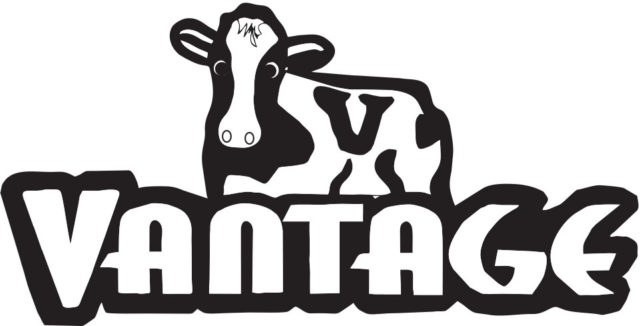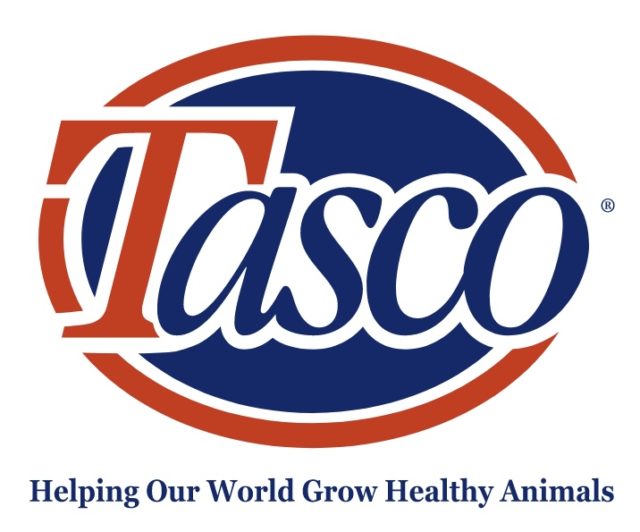As 2020 drew to a close, there was a confluence of things on the farm and in my life, combined with my off-the-farm work experience, that got me to thinking about some things I would have considered pretty radical only a few short years ago. But, time, perspective and the fallout of COVID-19 have caused me to look at some things differently.
I was working on my healthcare application and noting how cumbersome and inefficient it is. I was also working on year-end numbers for our dairy and beef operation and trying to navigate getting our kids back to school (I am on the school board). There were some numbers that were surprising to me, the first being that our farm and combined entities received approximately $960,000 from government sources last year, with only $150,000 that needed to be repaid.
At the end of the year, the average price for commodities wasn’t dramatically different than it had been the previous two years, and there were opportunities to contract at higher prices (specifically milk but some soybeans as well). This was before personal stimulus checks were counted, so my family took in nearly $1 million in a year when our business had unprecedented volatility. But, income was flat year over year, which on its surface probably isn’t fair. Yes, we employ 17 people, and yes, we contribute to the community tax base, etc. but not much more than the average citizen, and not enough to warrant that amount of money.
One other note: We did not receive any crop insurance money, and haven’t consistently enough over the years, so we made the decision to not carry crop insurance, as better plant genetics and farming practices have made it a less-worthwhile investment.
Previous work experience with government projects and contracts has helped me to understand how massively inefficient the government is doing anything versus the private sector. But, life experience has taught me there is a place for government and always has been: infrastructure development and maintenance, helping guarantee food for its citizens, schools, a healthcare system, etc. So, I believe there is a role for the government to play in our lives.
Contemplating all of these things, but also observing how technology has made many things much easier, especially in the transfer of money (Venmo, PayPal, bank apps, etc.), I got to thinking about some ways to help with inefficiency. Taking Andrew Yang's idea of “universal basic income” (UBI) and changing it a little, what about doing something like eliminating farm programs from the farm bill and instead issuing electronic benefits transfer (EBT) cards to everybody? Say, $200 a month for adults, and $100 for minors.
This program is already funded by the farm bill, and this way it would help everybody across the board and cost less to manage. We would all have a card that got charged once a month that could be used to purchase groceries. This would also encourage farmers to come up with ways to sell directly to the consumer, thus helping farm income, helping provide food to people and making government more efficient. We accept EBT cards at our farm store, so I know it isn’t that hard to get set up.
Another idea would be to do the same for healthcare. The government already spends massive amounts of money annually for various health care programs, which leads to U.S. citizens paying a much higher cost for health care per person than most of the rest of the world. Why not issue a set amount to every citizen and have them purchase their own health insurance or use it to pay for their own health care? Again, this could be easily done with an EBT-style card. If health insurance was sold more like car insurance, where one could buy it as needed and not through an employer or government, the cost of insurance and health care would come way down, as insurance companies wouldn’t be able to hide costs like they currently do, and health care providers typically discount for cash payments.
These are thoughts I have had. While farm programs in place today were well-intentioned when they were put in place, they have led to a system where farms like mine qualify for disproportionate amounts of money but do not really do anything to provide healthy, high-quality food options to people who require government assistance.





